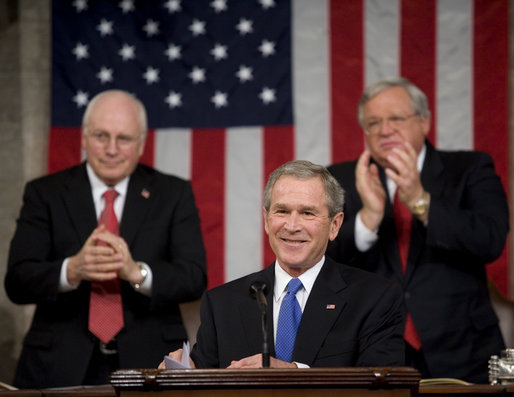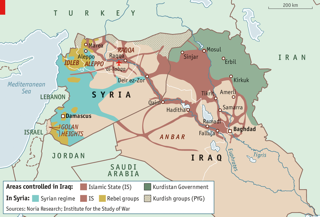For Part 1, Click here.
For Part 2, Click here.
As it has been discussed in Parts 1 and 2 of “The Terror Spectrum” article series, the threats of right wing extremism and Islamic fundamentalism are both worth noting. The last part of this series, however, will discuss the threat of terrorism from a different standpoint. With the always questionable threat of right wing extremism looming, and the exponentially growing threat of Islamic fundamentalism following the events of 9/11, how much of a concern is terrorism? Are we as a society overreacting to what appears to be a prevalent threat? There is no denying that terrorism is a very real threat, and the purpose of this article is not to denounce the seriousness of terrorism as a threat to the west. However, it must be noted that there are currently much greater threats to western society than terrorism of any kind, and the public’s perception of terrorism is extremely misguided.
“Terrorism generally does not do very much damage globally, and the public perception of terrorism as a threat to western society is unrealistic.”

In recent history, western media outlets have focused largely on acts of terrorism from Islamic fundamentalists, and right wing extremists. Terrorism has caught the attention of the media, and as a result, the general public has been exposed to threatening imagery and stories of acts of violence against innocent people for decades. It appears as that the general public has not experienced compassion fatigue when it comes to news of terrorist violence, especially in regards to acts of terrorist violence that affect the west. However, as effective as the media have been in relaying news of terrorist violence to the general public, the media have failed to contextualize the threat level, and they are not the only party responsible for the poor contextualization of the threat of terrorism in the west. Governments spearheading counter-terrorism operations have also assessed the threat unrealistically for their citizens. A United States Homeland Security Official advised the American public to “be scared; be very scared- but go on with your lives” in response to the public concern following the 9/11 terrorist attacks. In addition, United States president, Barack Obama has used the word “terrorism” very liberally since he gained presidency. Obama has used the word (or a variation of the word) “terror” 1,469 times across 530 different remarks prior to the Boston Marathon bombing in 2013. Obama’s predecessor, George W. Bush used the word even more frequently, as “terrorism” was outlined as one of his most used words during his presidency in a C-Span Study. Furthermore, with the government and the media exposing people to terrorism very liberally, it is no wonder it is viewed as a catastrophic threat to our personal security in the west.
The general public is constantly bombarded with terrorism related news and imagery; it is no wonder the threat of being harmed by a terrorist is such a prominent fear in the west. However, terrorism generally does not do very much damage globally, and the public perception of terrorism as a threat to western society is unrealistic. For all of the attention that terrorism receives from the government and the media, it actually causes very little damage, and the likelihood of becoming the victim of a terrorist attack is extremely low.
To put the threat of being killed by a terrorist into perspective:
– You are 404 times more likely to die in a fall than from a terrorist attack.
– You are 1048 times more likely to die from a car accident than from a terrorist attack.
– You are 33,842 times more likely to die from cancer than from a terrorist attack
In total, there is a 1 in 20,000,000 chance that you will die in a terrorist attack. After taking the facts and figures regarding the likelihood of being killed by a terrorist, it does not seem practical for the general public to be fearful of terrorism. Perhaps, the imagery of car bombs, explosions, displaced populations, and masked assailants has garnered the public’s thought, but there is no doubt that the fear and attention they are paid is exactly what the terrorists desire.
Whether analysing the tactics and motives of right wing extremists, or Islamic fundamentalists, it is apparent that terrorists main goal is to instil terror and fear into the people. They want the attention of the people, and in order to attain this, they look to attract the attention of the media and governments to assist in distributing the fear. According to Frantz Fanon, the 20th century revolutionary, “the aim of terrorism is to terrify.” If this is accurate, terrorists can be defeated with collective ignorance, and with this ignorance, terror tactics will cease to be relevant.
It is unreasonable to believe that the general public will suddenly stop concerning themselves with the threat of terrorism, just as it is unlikely that governments and the media will not sensationalize the threat of terrorism, as it has proven effective in approval ratings. Terror tactics will undoubtedly continue as long as we pay them attention, and more serious risks to our life, liberty, and security of person will continue without much concern. Currently, it is apparent that we have paid attention to the wrong threats.




